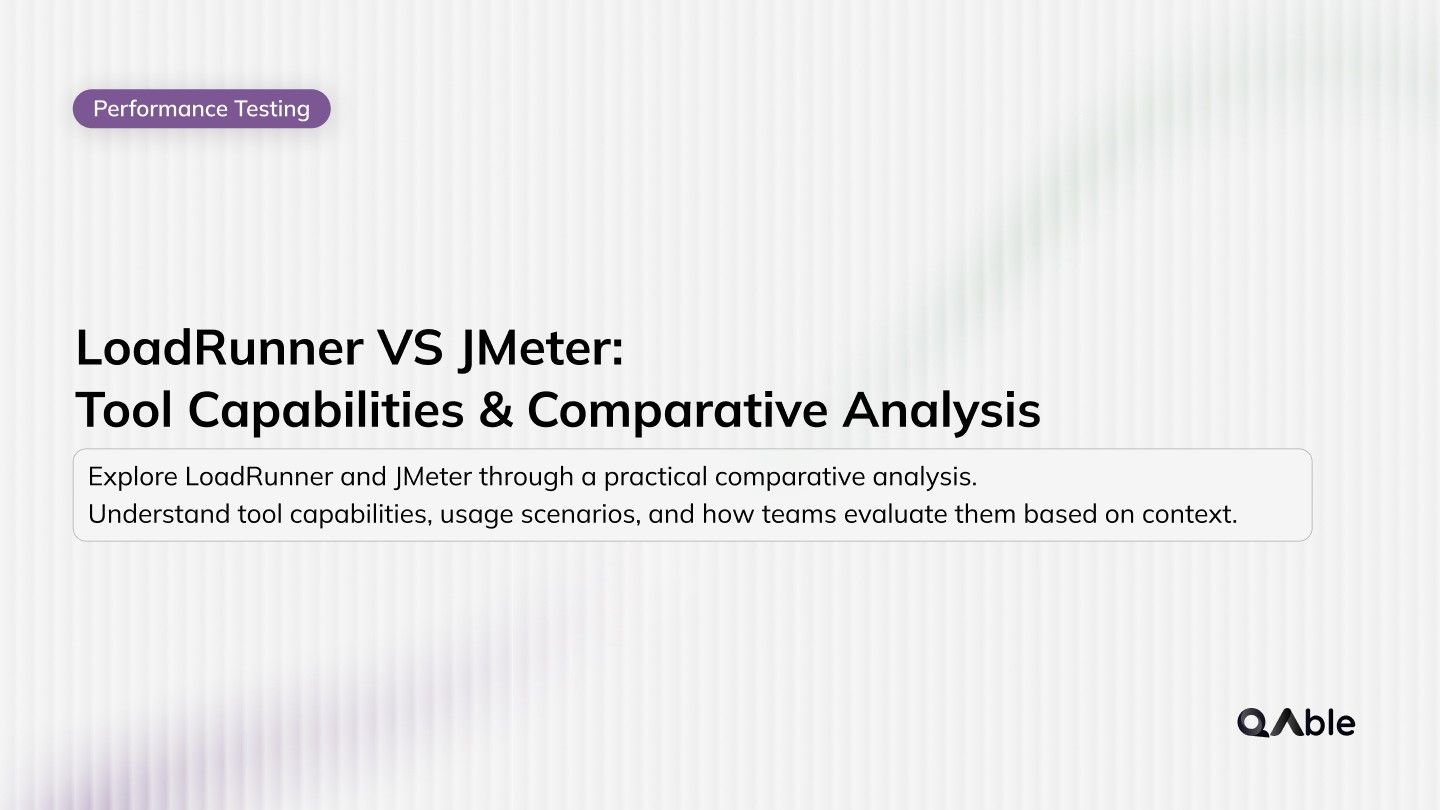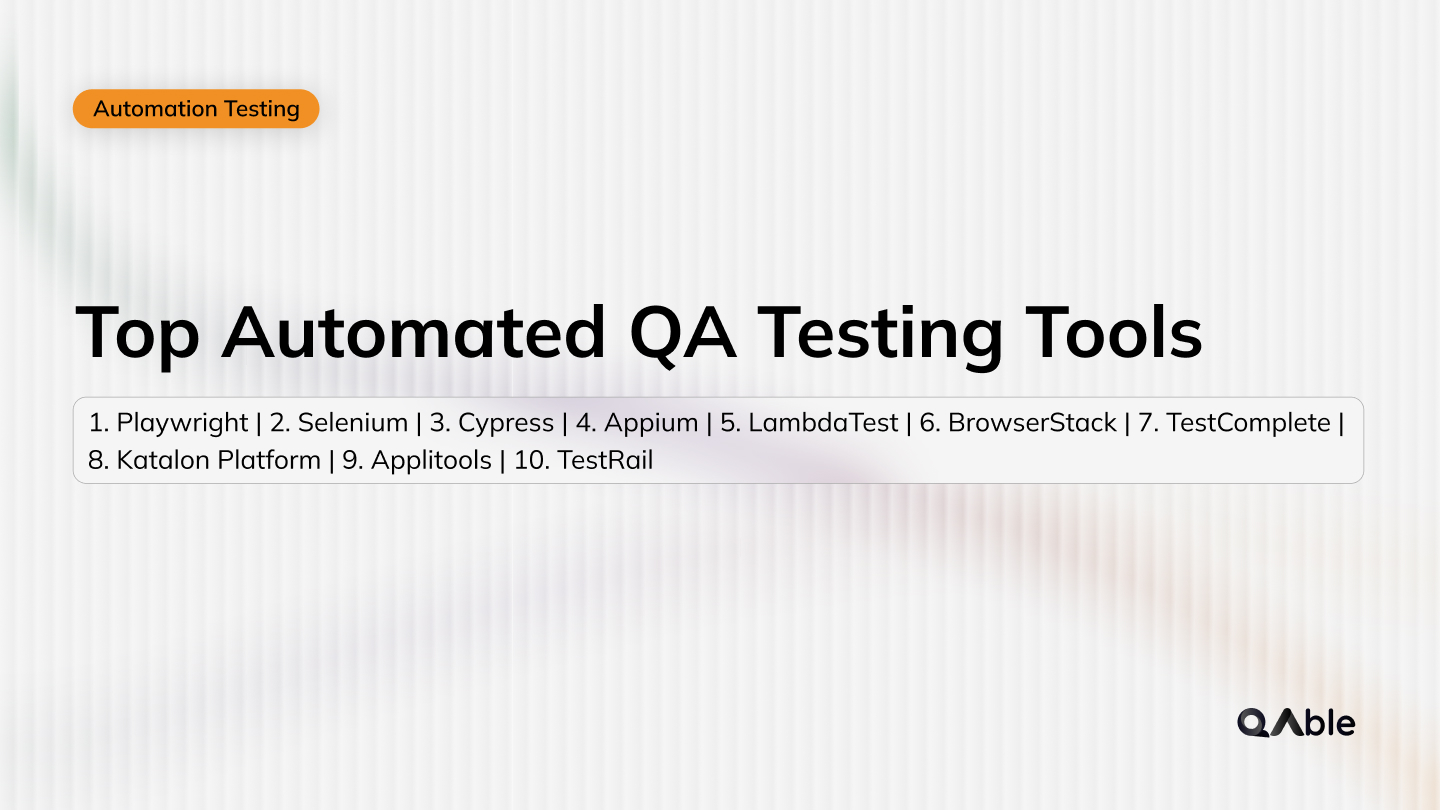Table of content
SHARE THIS ARTICLE
Is this blog hitting the mark?
Contact Us
Table of Content
- Why is Healthcare Application Testing Important?
- How to Test Healthcare Applications Effectively?
- How Can We Help You with Healthcare Application Testing?
- Conclusion
- FAQs
Healthcare applications are becoming more complex and sophisticated, with features such as telemedicine, remote monitoring, artificial intelligence, and blockchain. These applications have the potential to improve the quality and accessibility of healthcare services, as well as reduce costs and errors. However, they also pose significant challenges for software testing, as they need to meet high standards of reliability, security, usability, and compliance.
In this blog post, we will share with you some of the best practices and solutions for healthcare application testing, based on our experience as a India’s leading software testing company. we will also show you how our services can help you achieve quality assurance and innovation in your healthcare projects.
Why is Healthcare Application Testing Important?
Healthcare application testing is important for several reasons:
Patient safety and satisfaction
Healthcare applications directly affect the health and well-being of patients, so any malfunction, error, or breach can have serious consequences. Testing ensures that the applications function correctly, securely, and user-friendly, and that they deliver the expected outcomes and benefits for the patients.
Regulatory compliance
Healthcare applications need to comply with various regulations and standards, such as HIPAA, GDPR, ISO, and NIST. Testing verifies that the applications adhere to these requirements and avoid any legal or ethical issues.
Competitive advantage
Healthcare applications are constantly evolving and facing new demands and expectations from the market and the users. Testing enables the applications to keep up with these changes and deliver high-quality and innovative solutions that stand out from the competition.
Also read: Healthcare Software Testing: Best Practices 2024
How to Test Healthcare Applications Effectively?
Testing healthcare applications is not a simple task, as it involves multiple aspects, such as functionality, performance, security, usability, and compatibility. Moreover, it requires a deep understanding of the healthcare domain, the user needs, and the regulatory environment.
To test healthcare applications effectively, you need to follow these steps
Define the testing scope and strategy
Before you start testing, you need to define the scope and strategy of your testing activities, based on the objectives, features, and risks of your application. You must select what sorts of testing you will do, such as unit testing, integration testing, system testing, and acceptance testing. You also need to choose the testing methods, tools, and techniques, such as manual testing, automated testing, exploratory testing, etc.
Prepare the test environment and data
Next, you need to prepare the test environment and data that will simulate the real-world conditions and scenarios of your application. You need to ensure that the test environment is stable, secure, and isolated from the production environment. You also need to generate or obtain realistic and valid test data that will cover the various inputs, outputs, and edge cases of your application. You need to protect the privacy and confidentiality of the test data, especially if it contains sensitive information, such as personal health records.
Execute the test cases and report the results
Then, you need to execute the test cases that you have designed or selected, according to the testing scope and strategy. You need to monitor and record the results of each test case, such as pass, fail, or defect. You need to report the results in a clear and concise manner, using metrics, charts, screenshots, or videos. You need to communicate the results to the relevant stakeholders, such as developers, managers, or clients, and provide feedback and recommendations for improvement.
Perform regression testing and retesting
Finally, you need to perform regression testing and retesting, to ensure that the application works as expected after any changes or fixes. Regression testing checks that the existing functionality of the application is not affected by the new changes. Retesting verifies that the defects that were found and reported have been resolved and do not recur.
Also read: Software Security Testing: Types, Tools, and Best Practices
How Can We Help You with Healthcare Application Testing?
As India’s leading software testing company, we have the expertise, experience, and resources to help you with healthcare application testing. We offer a range of services, such as:
- Functional testing: We test the functionality of your healthcare application, such as the accuracy, completeness, and consistency of the data, the logic and flow of the processes, and the integration and interoperability of the components.
- Performance testing: We test the performance of your healthcare application, such as the speed, scalability, reliability, and availability of the system, the response time and throughput of the transactions, and the resource utilization and efficiency of the infrastructure.
- Security testing: We test the security of your healthcare application, such as the protection and encryption of the data, the authentication and authorization of the users, and the detection and prevention of the threats and vulnerabilities.
- Usability testing: We evaluate the usability of your healthcare application, such as how easy, learnable, and satisfying the interface is, how clear and pertinent the content is, and how accessible and compatible the devices are.
- Compliance testing: We test the compliance of your healthcare application, such as the adherence to the regulations and standards, the alignment with the best practices and guidelines, and the fulfillment of the contractual and legal obligations.
We use the latest and best tools and technologies for healthcare application testing, such as Selenium, Appium, JMeter, Postman, SoapUI, etc. We also use artificial intelligence and machine learning to enhance our testing capabilities, such as generating test cases, identifying defects, and optimizing test coverage.
We have a team of skilled and certified testers, who have extensive knowledge and experience in the healthcare domain, the user needs, and the regulatory environment. We also have a network of partners and consultants, who can provide additional support and guidance for your healthcare projects.
We follow a flexible and agile approach for healthcare application testing, which allows us to adapt to your specific requirements, preferences, and expectations. We also follow a transparent and collaborative approach, which ensures that you are involved and informed throughout the testing process.
We deliver high-quality and innovative solutions for healthcare application testing, which help you achieve your goals and objectives, such as improving patient safety and satisfaction, ensuring regulatory compliance, gaining competitive advantage, and increasing your return on investment.
Conclusion
Healthcare application testing is a crucial and challenging task, which requires a lot of planning, preparation, execution, and evaluation. However, it is also a rewarding and exciting task, which can help you create and deliver better and smarter healthcare solutions for your users and customers.
If you are looking for a reliable and professional partner for healthcare application testing, look no further than us. We are India’s leading software testing company, and we can help you with all your healthcare application testing needs.
Reach out to us and share with us how we can support you. We are excited to hear from you and work with you. 😊
Discover More About QA Services
sales@qable.ioDelve deeper into the world of quality assurance (QA) services tailored to your industry needs. Have questions? We're here to listen and provide expert insights


Nishil Patel is the Co-founder of QAble, delivering advanced test automation solutions with a focus on quality and speed. He specializes in modern frameworks like Playwright, Selenium, and Appium, helping teams accelerate testing and ensure flawless application performance.
.svg)














.webp)
.webp)
.png)
.png)











.png)



.png)

.png)

.png)






.jpg)







.jpg)





.webp)

